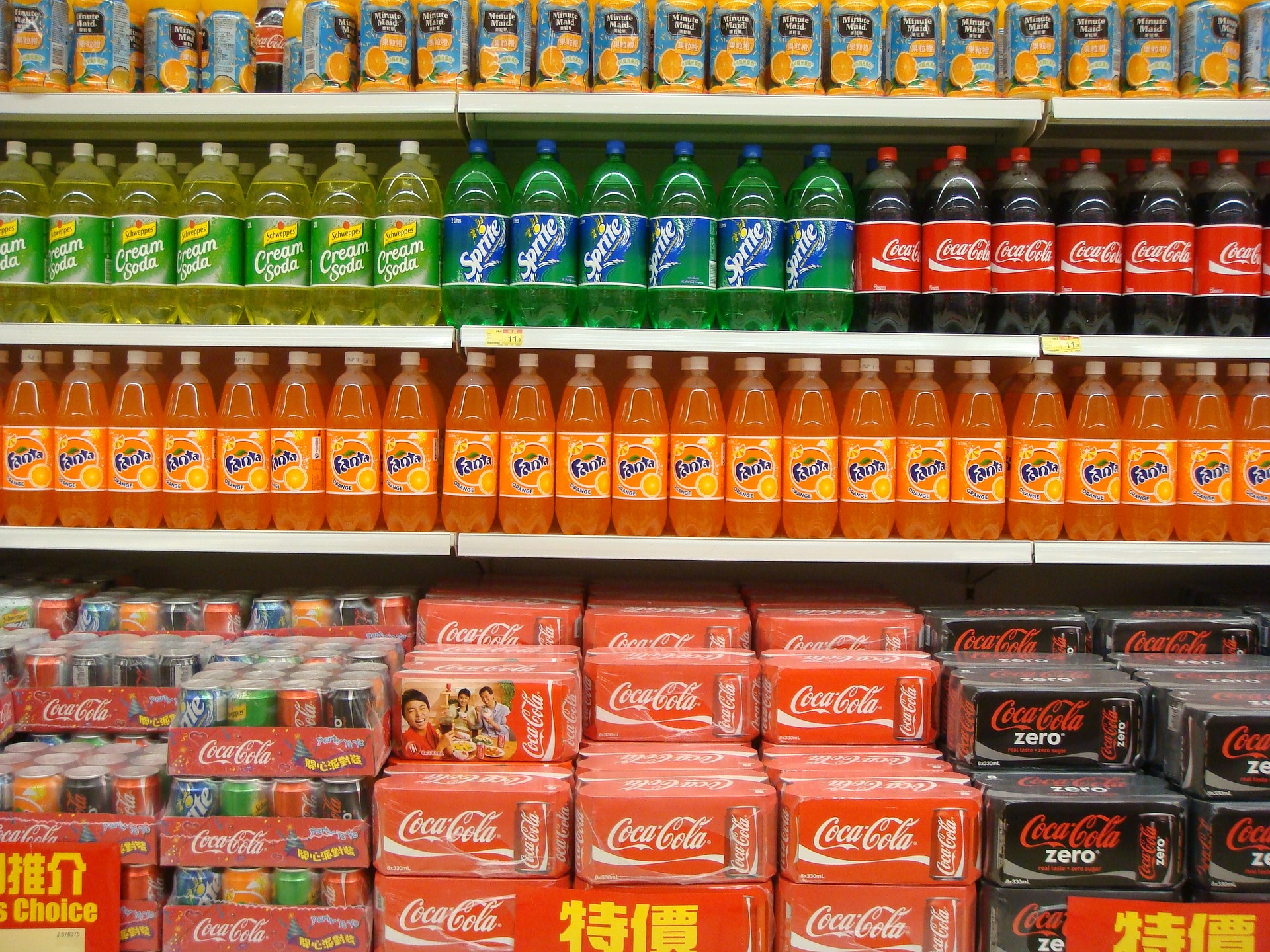On November 8th, 2016, four cities successfully voted to implement soda taxes: Boulder, Colorado and San Francisco, Oakland, and Albany in California. These cities join the ranks of two cities that already have a soda tax, Berkeley, CA and Philadelphia, PA.
Similar to tobacco taxes, soda taxes, or sugary drinks taxes, are designed to discourage the consumption of drinks with added sugar. Sodas and other sugary beverages have long been associated with the nation’s growing rates of obesity. The tax generally does not apply to fruit juices, naturally sweetened beverages, and milk-based drinks.
The tax is applied to the distributors of sugary beverages, usually the middlemen between beverage producers and chain grocery stores. However, for smaller stores, the distributor may be the shop owner who purchases goods from a wholesale store. Here, the shop owner would be taxed as a distributor. The increased cost to the distributor generally leads to increased prices for consumers, which hopefully discourages the purchase of such beverages.
Image Source: Justin Sullivan
Four months after the Berkeley soda tax was enacted, researchers from Berkeley’s school of Public Health and UCSF’s department of Epidemiology and Biostatistics conducted a study to evaluate consumption changes in low-income communities in Berkeley. They found that sugar-sweetened beverage consumption was reduced by more than 20% in low-income Berkeley neighborhoods. In the same period, sugary beverage consumption increased in San Francisco and Oakland by 4%. In addition to the reduced sweetened beverage consumption, Berkeley also experienced increased water consumption.
The results found in Berkeley were consistent with the declines in low-income neighborhoods in Mexico following the implementation of their nationwide tax. Reductions in taxed beverage purchases were observed across low, middle, and high socioeconomic classes, a 6% decrease from the previous year. The findings from both Berkeley and Mexico are often cited by public health officials as proof that a tax can help wean low-income neighborhoods off of beverages with added sugar.
Unfortunately, since the soda taxes are still new, the long term health impacts are difficult to measure. Based on the reduced consumption, however, experts already predict better health outcomes.
Successful campaigns for soda tax initiatives have used ties to local concerns to garner support. Cities in the Bay Area of northern California used health arguments to push for support, focusing on childhood obesity as a public health risk. In Philadelphia, PA, local government has tied the soda tax to funding for the expansion of quality pre-kindergarten programs in the city.
The United States is one of the countries with the highest soda consumption in the world, and the beverage industry has placed sodas in nearly every public space. Soda taxes were once considered to be a fringe idea, a method that was unlikely to be successfully implemented in the United States due to divided opinion on increasing taxes and aggressive soda marketing. However, the public sentiment on sodas has been shifting. While the public remains divided on increasing taxes, more Americans are already actively turning away from the beverages. The addition of four new soda tax cities further demonstrates the changing tides against sodas and other beverages with added sugars.
Feature Image Source: evelynlo










